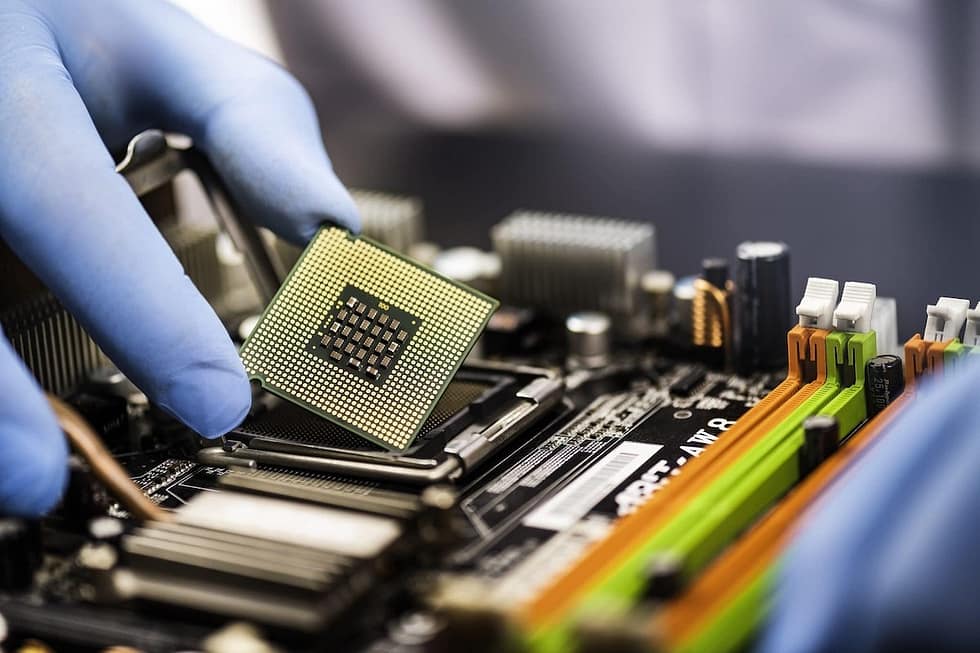As a PCB assembly and manufacturing unit, we face several challenges in ensuring we can meet the turnaround time our clients ask for while still delivering a quality product. This is a short post on the challenges we face and how we solve them.

Managing Part Availability Delays
Every manufacturing organization has dealt with issues in this area. The critical part is held up in customs. A normally reliable supplier doesn’t have stock just now. The wrong part got shipped. The list of such issues can be long. Our clients purchase the parts for us in most cases because we are a “job-work” oriented partner, but there are many occasions when the part isn’t available on time but the end date to finish the manufacture is the same!
We’ve seen clients work hard through the day and the part reaches us at the end of the regular workday. We have adapted by having a 3 shift operation in place so that we can take up the order manufacture at any time and ensure client timelines are met. We also ensure that our strongest team members are available on the late shift. It can be tough working late at night on an important order and we put our toughest people on the job to make sure it gets done right.
There are some consumables, that we must order and here we invest in supplier relationships. Our stencil suppliers, for instance, deliver within a few hours because they know they can trust our volume commitments and payment cycles.
Kit Condition Checks First
For larger clients who have their own kitting teams, 99% of the kits arrive in good condition and we can start manufacture immediately. However, many of our clients are startups or design houses that are still experimenting. The parts are directly shipped to us without kitting checks at the client’s end.
We solve this by frontloading our effort in checking kits. Where other manufacturers would ask two people to run kit checks, we allocate 6 people. And we work with the client to solve for deficiencies right away – if there is a part shortfall can we run a smaller batch? Is there additional testing we can do on a smaller batch, while we wait? Is there an alternate part or source we have seen that we can connect them to? We work flexibly with our partners to ensure their goal is met.
Data Package Standardization
In the past when we accepted all client data packages as-is, we would spend a day verifying the documents – gerbers, assembly drawings, additional assembly instructions, etc. – and then mapping them to our process to ensure there were no misses. Working with our clients we realized many of them were flexible on giving us this information in a format that we requested. This saves us time and ensures we can follow a Total Quality Management process even within a 48 or 72-hour manufacturing turn.
We’ve used the 6 M framework – Manpower, Method, Machine, Material, Milieu and Measurement to think through problems and find some of these solutions. I highly recommend this to anyone working in Manufacturing or even in other industries.
That’s it for this month. I’ll write again with more of our learnings next month.
If you want to know more about Podrain and our electronics manufacturing services contact us and we will get back to you at the earliest



